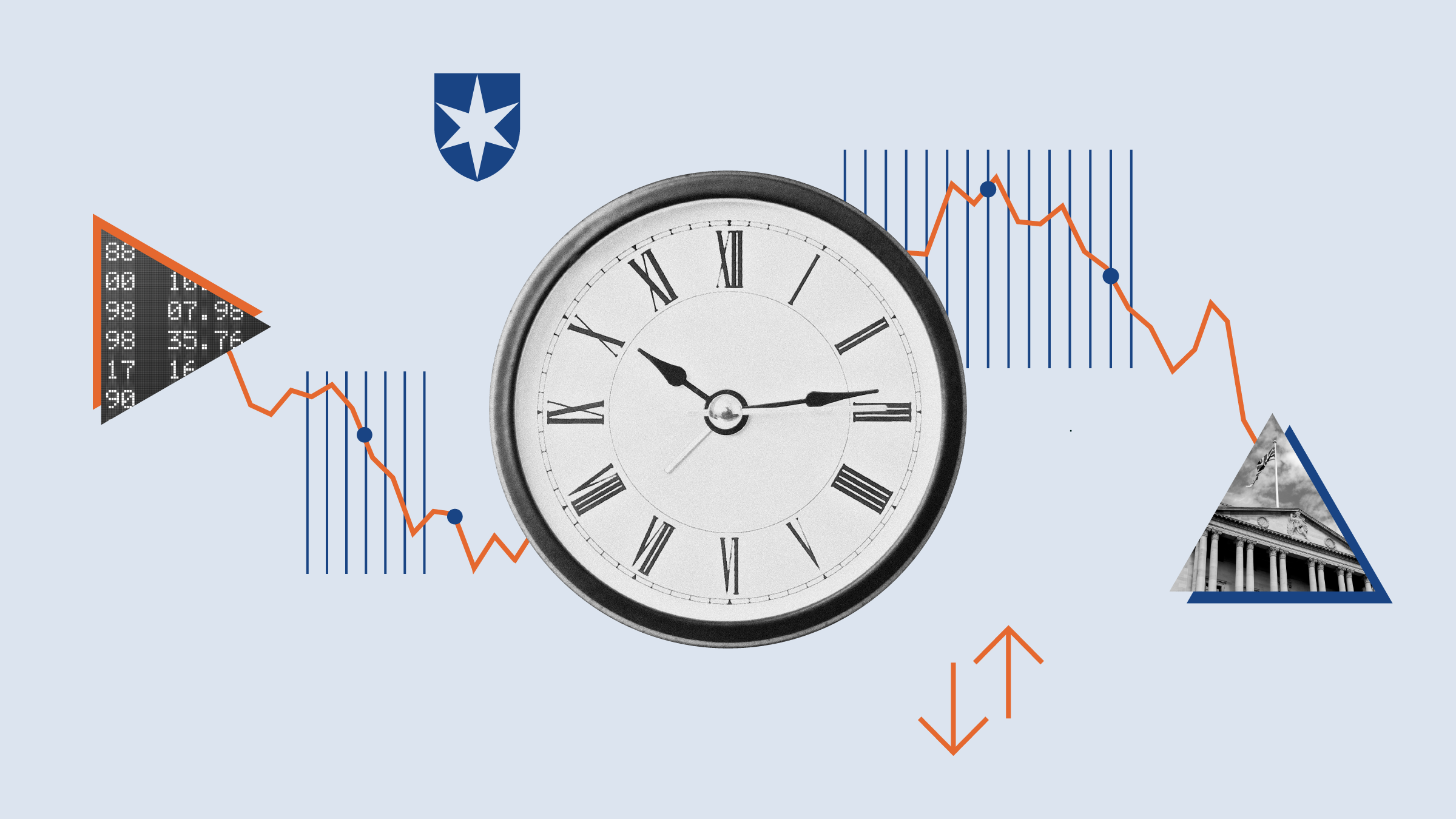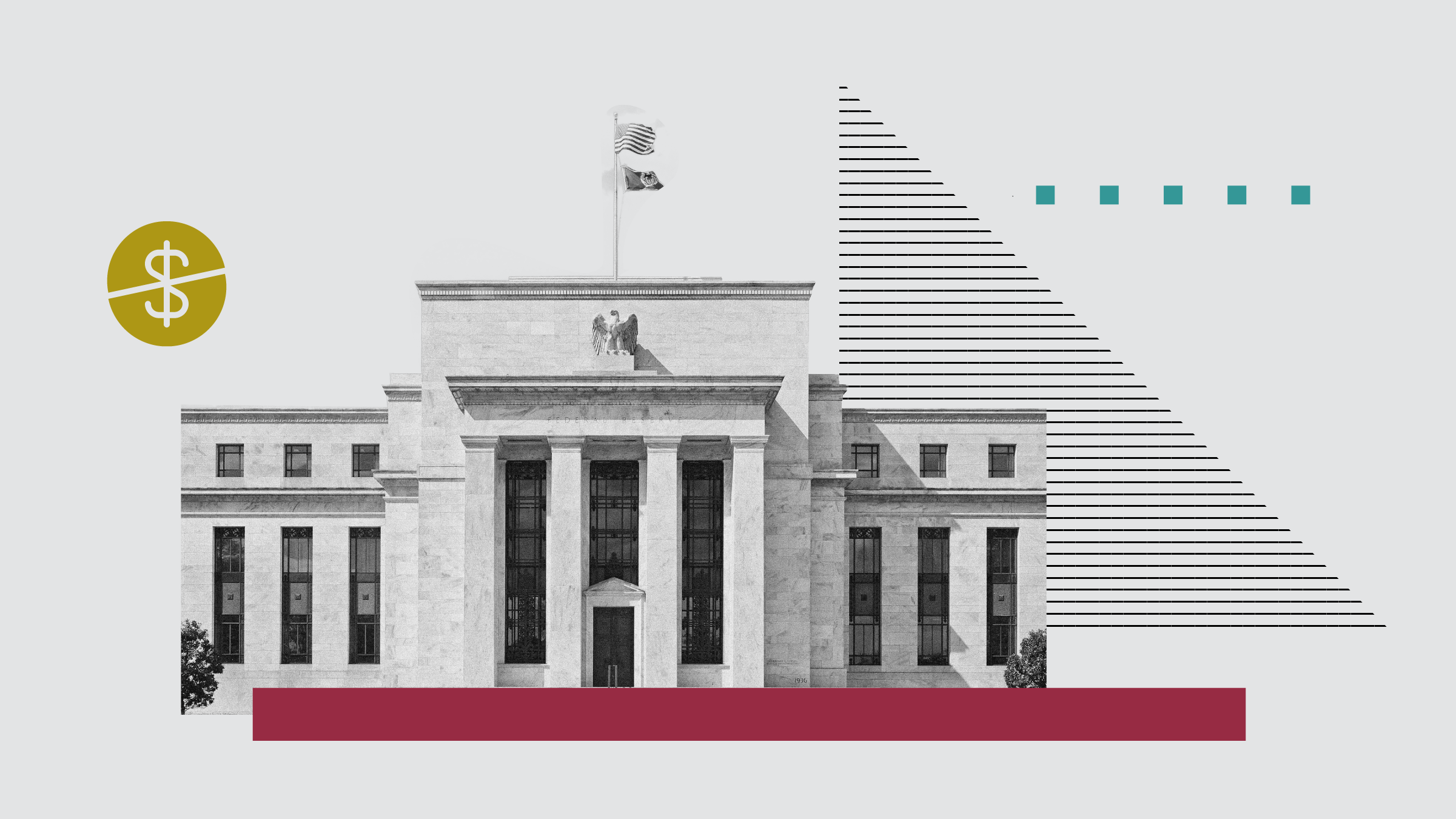The eyes of the financial world are on Europe these days--capitals and banks, to be precise. The continent continues to struggle to control debt problems that have led to steep government spending cuts, high unemployment rates, social unrest and credit rating downgrades for some of the biggest economies, including France, Italy and Spain. And despite a new bailout agreement designed to prevent Greece from defaulting, risks remain.
Not exactly the sort of environment that screams "economic boom," perhaps, but some investors might consider Europe's dark days an invitation to buy distressed stocks. True, European stocks have already staged quite a comeback so far in 2012: The MSCI EAFE index, which tracks stocks in developed markets in Europe, Australasia and the Far East, is up more than 11% year to date, while the MSCI Europe Index, which tracks just European stocks, has gained a bit more than that. Nonetheless, both indices are down more than 7% for the past-12-month period. Yet Morningstar data implies that, on average, the region's large-cap stocks are still trading at a discount to our analysts' estimates of their fair value.
For investors who would like to add exposure to Europe beyond the shores of the UK, inexpensive, focused vehicles such as iShares MSCI Europe ex-UK (IEUX) are a reasonable starting point. This ETF carries a total expense ratio of just 0.4%, and Morningstar analyst Gordon Rose writes that the most apparent use of this ETF is as a core holding for those investors who already have significant UK equity exposure and want to diversify into the rest of developed Europe. As a tactical tool, it will be most useful for investors who don't want exposure to UK equities because they believe that the island nation's markets will underperform those of mainland Europe, Rose adds.
Understandably given the macroeconomic environment, iShares MSCI Europe ex-UK suffered a torrid year in 2011, falling almost 18% in value, but it's up more than 4% so far this year and has a three years annualised trailing return of a little under 13%.
Morningstar also has several Silver ratings on actively-managed funds investing on the Continent. To help identify such options, we used Morningstar's Fund Screener to search for UK domiciled funds in the Morningstar Europe ex-UK Large-Cap Equity category that have earned our analysts' highest ratings of Gold and Silver. It's no surprise that none of the Europe-focused funds in this category have earned a Gold rating, but seven individual funds have been awarded Silver.
Run the screen for yourself by clicking here. Here are a couple that made the cut:
BlackRock European Dynamic, managed by Alister Hibbert, boasts three years annualised traililng returns of 25%. It underperformed category peers by nearly 3% last year, but outperformed by an impressive 18% and 20% in 2009 and 2010, respectively.
Morningstar analyst Muna Abu-Habsa says Hibbert's bold approach is characterised by high turnover, large bets and a concerntrated portfolio. "We like BlackRock European Dynamic but it's not for the faint-hearted," Abu-Habsa writes in her Analyst Report. As such, she says it's considered too risky to act as a core portfolio holding and would be better placed as a supportfolio player: "The fund makes a good choice for investors who understand its risks."
Jupiter European Special Situations, managed by the winner of last year's Morningstar Fund Manager of the Year - European Equity award, is deemed more suitable as a core holding thanks to its less volatile performance. Manager Cédric de Fonclare's stock-picking approach permits him a high degree of freedom, which Morningstar analysts believe he has used to good effect.
"Fonclare's strategy has proved effective," writes Morningstar analyst Emma O'Neill. "Despite the slight headwind created by the fund's fees, which are above-average for the category, we believe that Fonclare's outstanding performance is likely to endure in the long term," O'Neill adds in her Analyst Report.
























